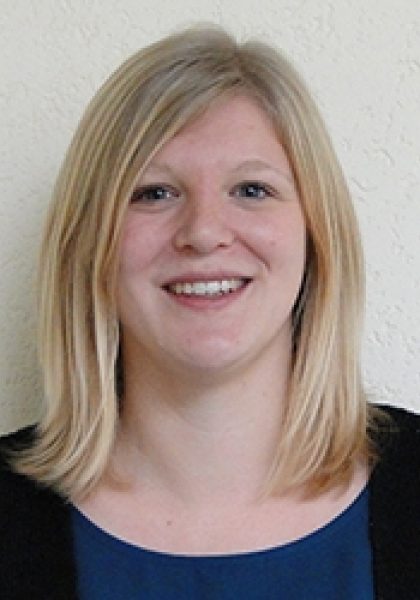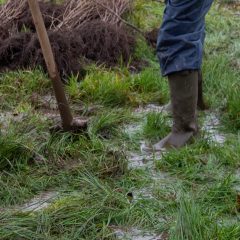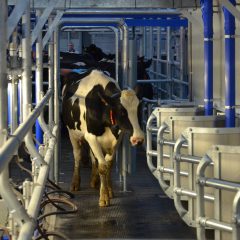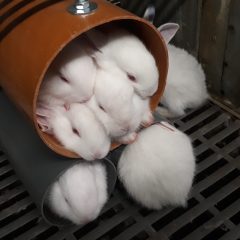Research project Less soybean meal and lower methane emissions on organic dairy farms
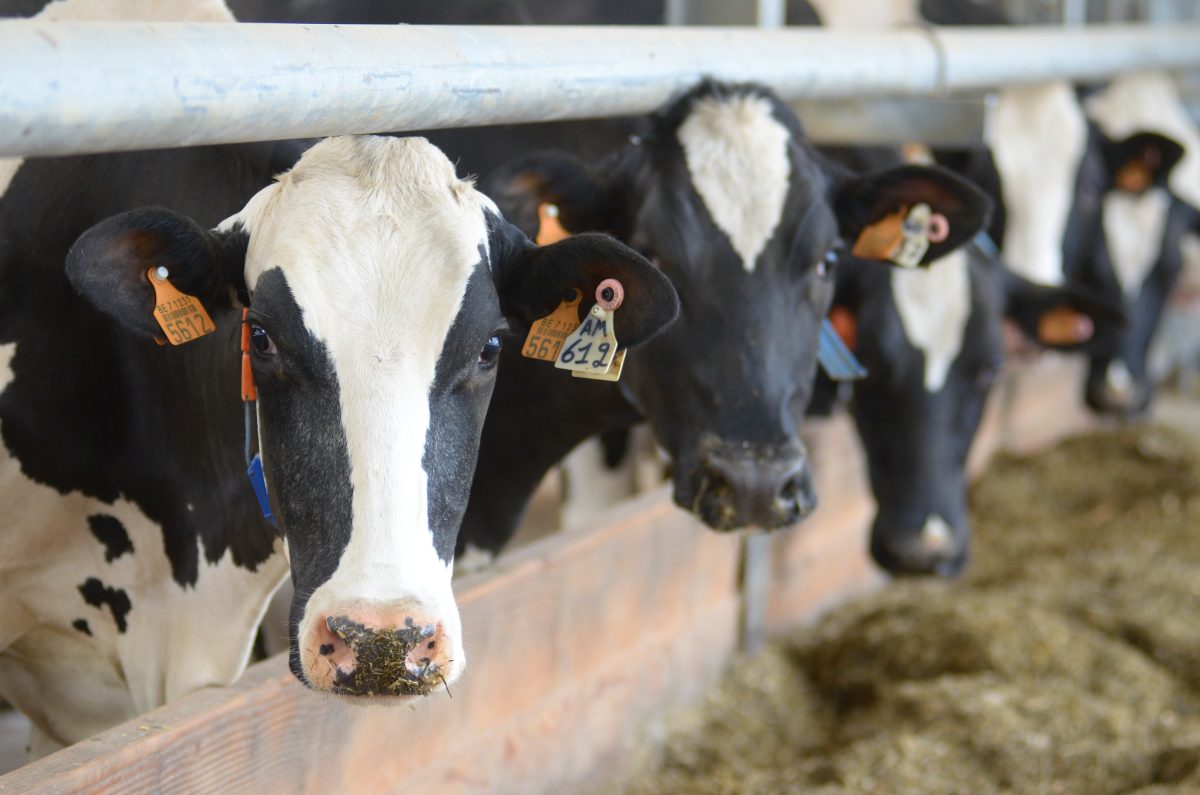
General introduction
SOMEBIO focuses on Flemish organic dairy farming, and how it can reduce its climate impact through better feed composition. The main research question is: Can we make the ration on medium and high yielding organic dairy farms more autonomous and become stepwise independent(er) of soy, without increasing (ideally even decreasing) methane emissions, and with the condition that it remains economically and farm feasible? The project takes into account the farm-specific context. The proposed alternatives to soy are assessed for these conditions: practicality, economic feasibility, preferably locally produced and not suitable for human food. Soy is the import feed concentrate with the largest carbon footprint in dairy cattle, including on organic farms. It is a high-protein feed that is directly related to the amount of milk the cow produces.
Research approach
The workflow is to integrate the experiential knowledge of dairy farmers with scientific knowledge to gain insight into the climate impact and cost implications of various feed-autonomous rations on medium to high-yielding organic dairy farms. This includes conducting in vitro tests to assess the methane reduction potential of selected soy replacements and formulating alternative rations using these feed ingredients. The outcome will be a report containing a list of farm-specific methane-reducing measures, evaluated for practical feasibility.
Relevance/Valorization
For many years, the (organic) dairy sector in Flanders has been striving for greater feed autonomy, with particular emphasis on reducing and ideally eliminating the use of soy. Additionally, through the signing of the Covenant on Enteric Emissions for cattle, a commitment was made to reduce enteric emissions between 2021 and 2030. However, available feed-related solutions often cannot be applied in organic farming due to limited availability of organic alternatives or because they face principled, legal, or agricultural obstacles within the holistic system approach of organic agriculture.
Financing
Europees Landbouwfonds voor Plattelandsontwikkeling

